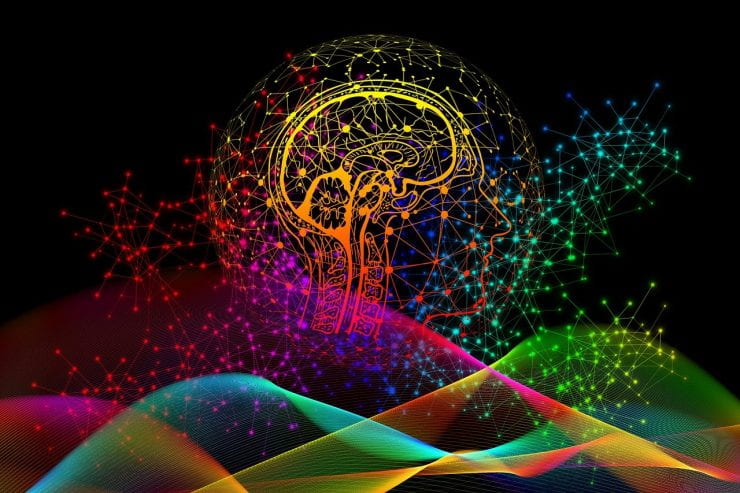In this series of blog posts, I have been focusing on what we can do to help aspiring teachers make the most of their learning. For my students, one of the keys to this growth is their ability to think critically about the topics we tackle in our class. I really want them to explore how they think about thinking. Developing strong metacognitive skills will enhance their learning and make them more mindful educators.
In my class, students have assigned readings. From time to time you I ask them to upload their “reflective notes” from the readings. When I ask for reflective notes, I am less interested in the “what” behind what they read, and am more interested in the “what do you think about what you read.” I am most interested in hearing about how what they have read relates to our class, their future as a teacher, etc.
In previous posts, I discussed critical thinking and reflection. In this post, I want to talk about how I introduce them to the concept of metacognition. Metacognition really just means thinking about thinking. When we build metacognitive awareness, we can narrow our focus to improve learning which is something all teachers need to understand. Since this concept seems so “out there” to so many o my students, I begin the introduction with a simple video that provides a high level overview of metacognition:
Once they have this basic understanding, we can begin to dig deeper to consider how we can use metacognition to improve learning. Some of you may be able to relate to this next video. Were you an A/B slider in high school? I admit that I was. I ask my students to consider what they can do to ensure their A/B slider habits don’t sabotage their college experience AND think about what we can do as educators to ensure our students don’t become A/B sliders.
Since we are examining the ides of thinking about thinking and learning, this is a good time to introduce the idea of a growth mindset and consider how it influences metacognition and learning. Carol Dweck is in my mind the GOAT in understanding how mindset influences achievement. When I first read her book, Mindset: The New Psychology of Success, it caused a major paradigm shift in the way I approached teaching and working with students. Since I had been blessed to have been raised to believe that I could do anything I set my mind to and that setbacks were a necessary part of growth, I assumed this was something all humans understood. How eye opening to discover that this wasn’t the case and that many of the students I worked with actually weren’t apathetic about their course work but rather were avoiding it for fear of failure. It was at this point that I determined I must do everything I can to teach our aspiring teachers about this phenomenon so that they move forward with the mission to instill a growth mindset in our students from an early age to help them reach their full potential.
Critical thinking, reflection, and metacognition are all forms of mindfulness that we should be teaching children from an early age. How many children might maintain that spark of curiosity and desire to learn if only they understood that setbacks are a regular part of growth and learning for everyone?
